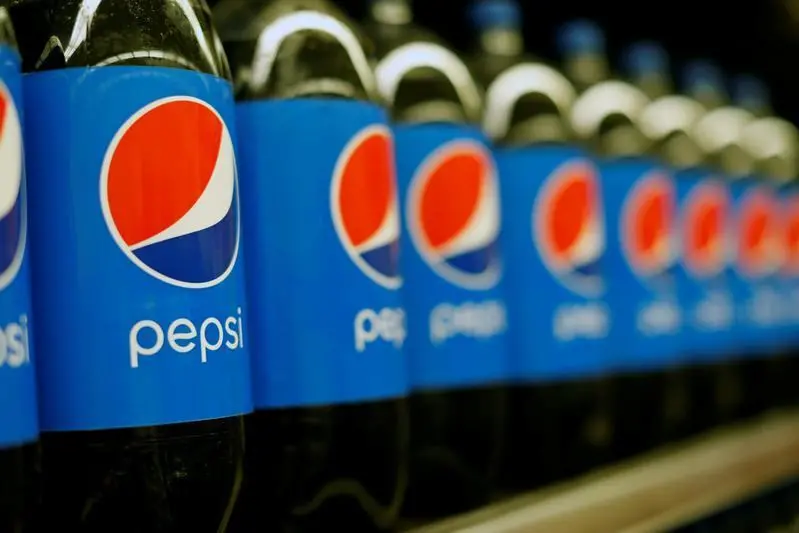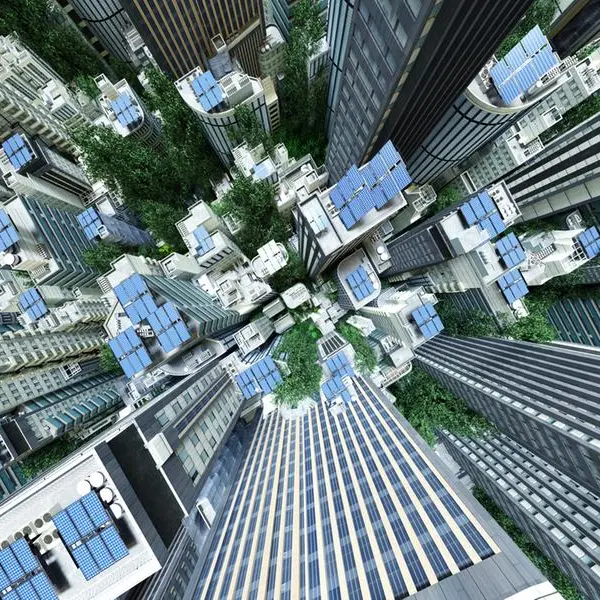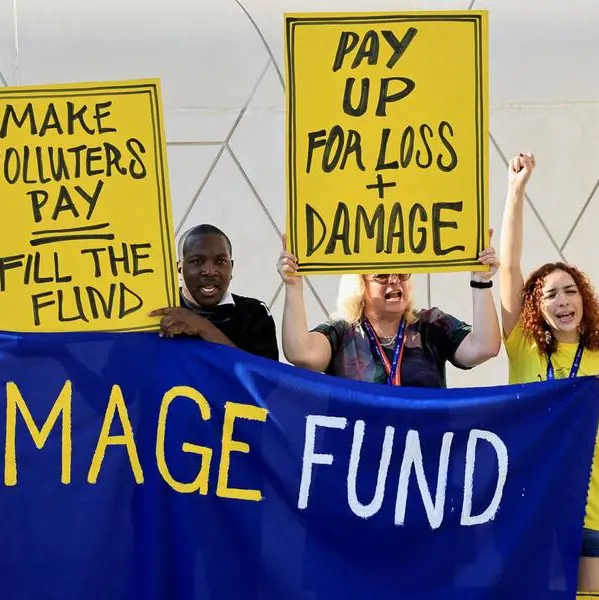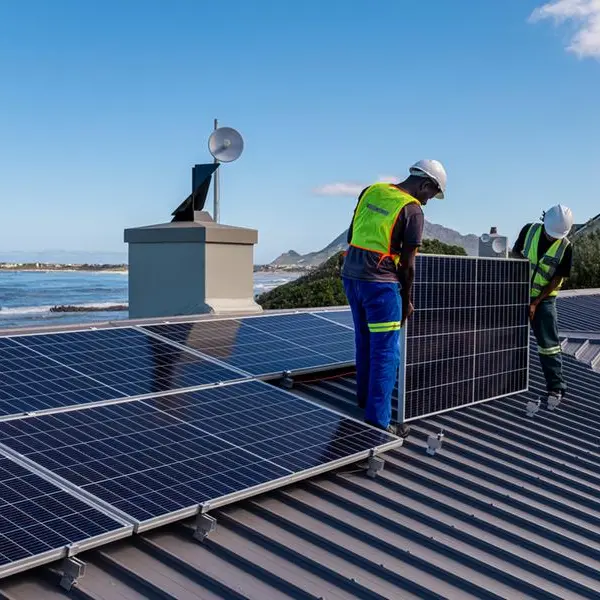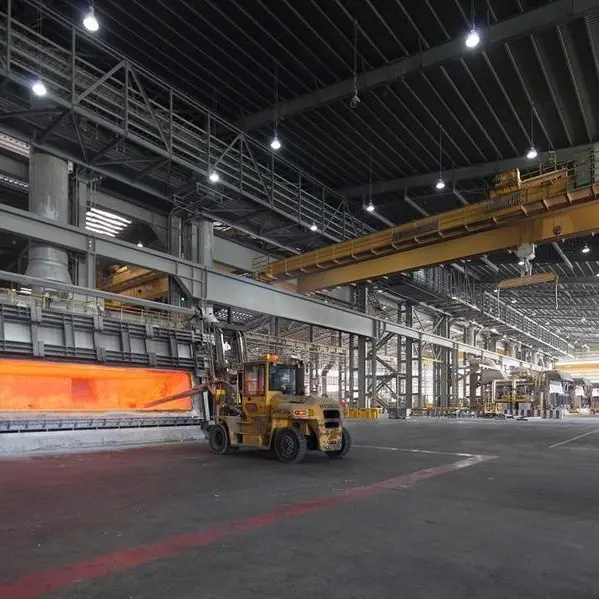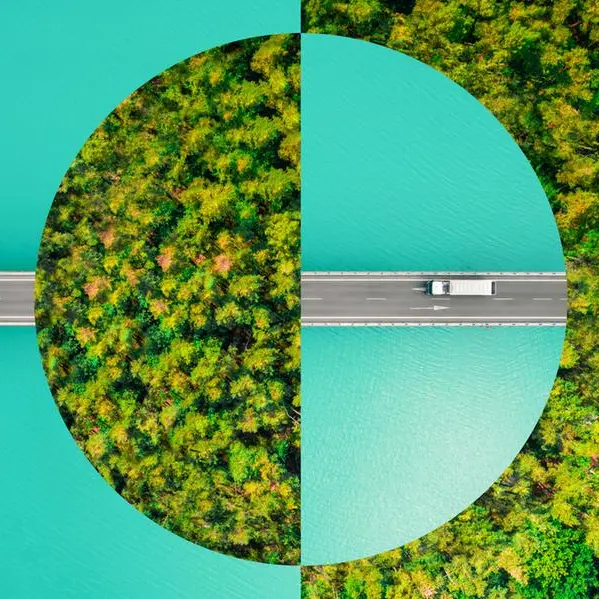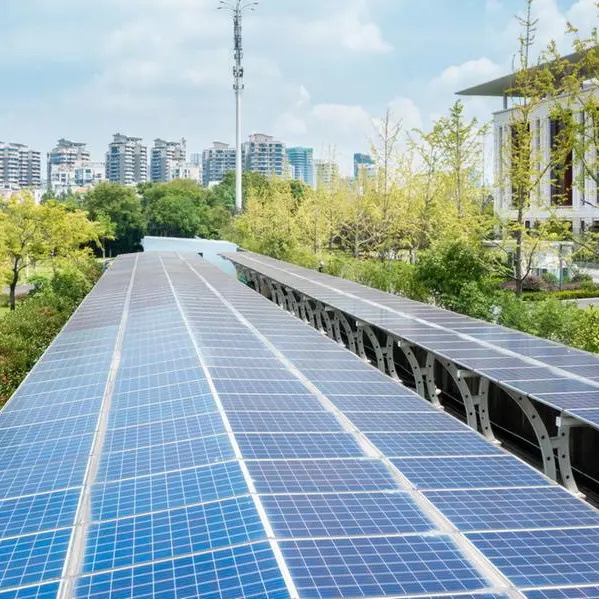PHOTO
Global food and beverage giant PepsiCo is committed to utilise it’s expertise and resources to help build a more sustainable food system and preserves the planet by cutting net-reduction of at least three million tonnes of greenhouse gases (GHG) emissions by 2030, it’s top official says.
Eugene Willemsen, CEO for Africa, Middle East and South Asia, PepsiCo, said his company is encouraging sustainability through it’s brands, which are creating more environmentally-friendly options for the consumers.
“As a company that does business in more than 200 countries and territories and uses more than 25 crops sourced from over seven million acres in 60 different countries, we have an opportunity and a responsibility to use our scale, expertise and resources to help build a more sustainable food system; one that preserves the planet and positively impacts the people and communities we work with and serve. Our sustainability approach is integrated into, not separate from, our business,” Eugene Willemsen, CEO for Africa, Middle East and South Asia, PepsiCo, told Khaleej Times during an interview.
Last year, Willemsen said PepsiCo launched pep+ (PepsiCo Positive), a strategic transformation of what “we do and how we do it to create growth” and shared value with sustainability and human capital at the centre.
“It reflects a new business reality, where consumers are becoming more interested in the future of the planet and society. pep+ targets every stage of our complex value chain to use resources more efficiently, reduce GHG emissions, replenish water, and improve our products and packaging materials through three key pillars – Positive Agriculture, Positive Value Chain and Positive Choices,” he said.
Within the Positive Choices pillar, he said the company aims at using it’s connection with consumers to inspire better choices for themselves and the planet.
“We’re evolving our portfolio of food and beverage products by incorporating more diverse ingredients in new and existing food products that are better for the planet and/or deliver nutritional benefits, and prioritising chickpeas, plant-based proteins and whole grains; expanding our position in the nuts and seeds category, where PepsiCo is already a global brand leader; accelerating the reduction of added sugars and sodium through the use of science-based targets across our portfolio and cooking our food offerings with healthier oils; and continuing to scale new business models that require little or no single-use packaging, like SodaStream. In a nutshell, we are encouraging sustainability through our brands, which are creating more environmentally-friendly options for our consumers,” he said.
Willemsen said PepsiCo is driving action across its three pep+ pillars, Positive Agriculture, Positive Value Chain and Positive Choices to implement its sustainability agenda.
“Our Positive Agriculture pillar is especially close to my heart and is focussed on extending regenerative farming practices — a set of techniques that improve and restore ecosystems with a focus on building soil health and fertility, reducing carbon emissions, enhancing watershed management, increasing biodiversity and improving farmer livelihoods,” he said.
“Our goal is to spread regenerative practices to restore the earth across land equal to our entire agricultural footprint (approximately seven million acres), sustainably source key crops and ingredients and improve the livelihoods of more than 250,000 people in our agricultural supply chain, all by 2030. Our regenerative efforts are estimated to lead to a net-reduction of at least three million tonnes of GHG emissions by 2030,” he said.
Elaborating, he said positive value chain is aimed at helping to build a circular and inclusive value chain.
“We announced a goal to achieve net-zero emissions across our value chain by 2040 — one decade earlier than called for in the Paris Agreement. We aim to become Net Water Positive by 2030, reducing absolute water use and replenishing back into the local watershed more than 100 per cent of the water used at company-owned and third-party sites in high-water-risk areas,” he said.
“We are also working towards introducing more sustainable packaging into the value chain and cutting virgin plastic per serving by 50 per cent across our global food and beverage portfolio by 2030,” he added.
Willemsen said PepsiCo will continue to introduce new flavours and products this year.
“We are always looking for new ways to excite and delight our consumers, and 2022 will be no different. In 2021, we launched exciting new offerings across the region including Rockstar Energy, ‘Made in India’ Doritos to name a few,” he said.
Within the ‘positive choices’ pillar, he said product sustainability goals are to reduce added sugars in many of “our beverages and sodium and saturated fats in many of our food products so that people can continue to enjoy our most-loved brands” in a healthy and planet-conscious manner.
“Our baked product line, available in 27 markets around the world, continues to lead through innovation and brings great tasting snacks like Baked Lay’s and Baked Cheetos with less fat than regular potato chips and cheese-flavoured snacks,” he said
“We’ve continued to expand our portfolio of low and no-sugar beverage options like Pepsi Black present in 118 global markets seeing double digit volume growth. We are also launching affordable products that meet the needs for younger consumers and appeal to a broad consumer base across the sector,” he added.
Willemsen said PepsiCo has been operating in the Middle East and Africa for more than 70 years.
Across Egypt and Saudi Arabia, we work with thousands of farmers who grow the potatoes that go into making our iconic Lay’s chips. In fact, Egypt is the second-largest potato agricultural program by volume across PepsiCo globally, and our plants in Saudi Arabia export our snacks to 10 markets across the Middle East,” he said.
Copyright © 2022 Khaleej Times. All Rights Reserved. Provided by SyndiGate Media Inc. (Syndigate.info).
